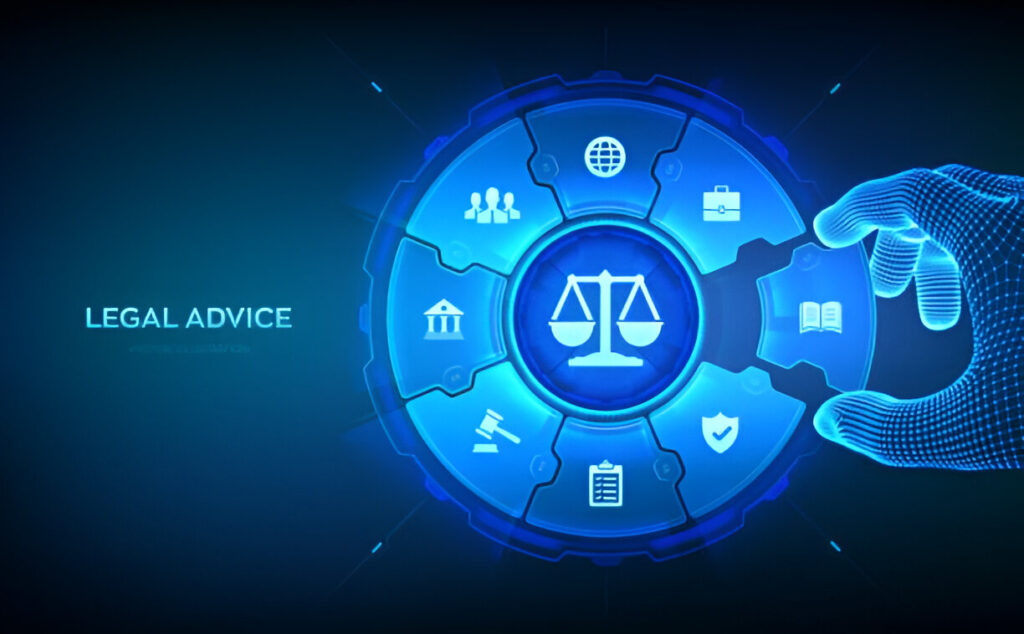Key Takeaways
- Grasp foundational legal terms crucial for understanding legal documents.
- Learn how these terms impact everyday legal interactions.
- Recognize the significance of consulting with a professional for legal matters.
Whether you’re signing a contract or reviewing legal documents, navigating the world of legalese can feel overwhelming. Fortunately, understanding key legal terms can simplify processes and aid in making informed decisions. Legal documents, from rental agreements to employment contracts, often employ intricate language that can obscure their true meaning. Given how essential these documents are in various aspects of life, it’s crucial to familiarize yourself with these terms. This knowledge provides you with the confidence to navigate any legal situation you encounter. Consulting trusted law professionals like DiPiero Simmons McGinley & Bastress, PLLC, can also provide further clarity and assurance in complex legal matters. This article will equip you with the knowledge needed to comprehend these terms effectively, allowing you to safeguard your interests and make well-informed decisions.
Legalese Made Simple: Breaking Down Complex Terms
Legal jargon often sounds like a language of its own, making legal documents intimidating to most laypersons. However, understanding legal terminology is possible. With tools like the Legal Information Institute’s Glossary, anyone can master these terms and reduce anxiety over legal obligations. Recognizing common terms like “plaintiff” and “defendant” and knowing their roles in legal contexts is invaluable. Beyond just making life easier, this understanding can prevent costly mistakes during negotiations and legal discussions. It’s this comprehension that empowers individuals and businesses alike to interact confidently within legal settings.
The Importance of Defining Legal Terms
While the wording might seem trivial at first glance, defining terms in contracts and court documents is not merely procedural—it’s essential. Terms such as “negligence” or “liability” can significantly determine the trajectory of a legal matter. They help establish frameworks for understanding contractual obligations, informing all parties concerned of their rights and responsibilities. Moreover, these definitions ensure there is a mutual understanding which can preempt potential disputes. Clarity in the language used in agreements removes ambiguity and reduces the likelihood of disagreements, thus preserving relationships and avoiding litigation.
Everyday Legal Interactions
Legal terms influence everyday engagements more than you might realize. Every time you sign a contract, negotiate a lease or even click “I agree” on a website’s terms of service, you’re entering into legally binding agreements. Misunderstanding these terminologies can lead to unintended consequences. Resources such as explanations of contract dynamics provide clarity, ensuring that decisions made today do not lead to disputes tomorrow. Being informed helps you avoid possible pitfalls and ensures that your rights are always protected.
How Legal Terms Influence Court Cases
In court, the precise language of legal documents can sway outcomes dramatically. Judges and jurors depend on these definitions to interpret laws and determine justice. For instance, a misinterpretation of a critical term like “self-defense” could skew the understanding of a case significantly, affecting proceedings and judgments. Thus, accuracy in legal language isn’t just about comprehension; it’s about ensuring that justice is fairly served. Having a precise understanding of these terms can be the difference between winning and losing a case.
Contractual Language: What You Need to Know
Contracts are the backbone of formal agreements. They rely heavily on specific language and phrasing to convey intent clearly and unambiguously. Phrases like “force majeure” and “due diligence” carry significant weight but can be perplexing without prior knowledge. Assessing these clauses carefully helps in ensuring that expectations align and risks are minimized. Understanding such contractual language not only helps in negotiating better terms but also in ensuring that one’s obligations and rights are protected, thus offering peace of mind.
When to Consult a Lawyer
Knowing when to get professional advice is paramount. Legal documents can be intricate, and misinterpretation can lead to adverse and long-lasting consequences. Lawyers serve as interpreters of legal language, providing insights and protecting your interests. With their expertise, they can spot potential issues that might not be apparent at first glance, ensuring you’re fully informed of the implications of any legal commitments. Consulting a legal professional becomes especially crucial in high-stakes situations where risk and stakes are high.
Adapting to Changes in Legal Terminology
The legal landscape isn’t static; it evolves with society’s needs and advancements. Keeping abreast of these changes maintains compliance and minimizes risks associated with ignorance. Whether it’s understanding new legislation or revised definitions, being proactive in learning adapts you to the shifting legal environment. This continued learning process is critical for anyone involved in legal matters, ensuring that individuals and businesses alike stay on the right side of the law and are fully compliant with new regulations.


